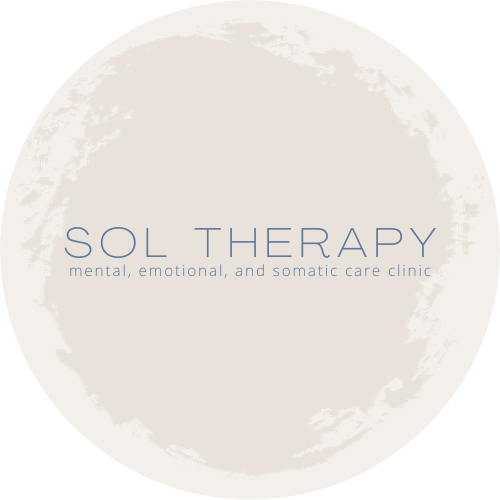The Evolving Landscape of Mental Health Treatment in Singapore

The Evolving Landscape of Mental Health Treatment in Singapore.
In an era marked by accelerated changes and relentless challenges, the approach to mental health care worldwide, including Singapore, has significantly transformed. The conventional methods of talk-focused therapies from traditional psychology – once the mainstay of treatment, have given way to a more expansive and dynamic landscape that integrates positive psychology, clinical hypnotherapy, existential psychotherapy, and trauma-informed perspectives with somatic work as a whole. This paradigm shift signals a promising future for mental health care, offering tailored interventions that comprehensively address modern life’s complexities.
Positive Psychology: Fostering Resilience and Flourishing
Gone are the days when mental health care solely revolved around addressing negative symptoms. The rise of positive psychology in Singapore marks a departure from this deficit-focused approach. Positive psychology emphasizes cultivating individual strengths, positive emotions, and personal growth. It empowers us to harness our inner resources and tap into our innate capacity for resilience. In contrast to pop psychology’s quick fixes and superficial solutions, positive psychology offers sustainable tools for building a foundation of well-being that can withstand life’s challenges.
Clinical Hypnotherapy: Unveiling the Power of the Subconscious
Clinical hypnotherapy once met with skepticism, has gained traction as an effective intervention in the Singaporean mental health arena. By tapping into the subconscious mind, this therapeutic technique helps us address underlying thought patterns, behaviors, habits, and beliefs contributing to our mental health struggles. From managing anxiety to overcoming phobias, clinical hypnotherapy empowers us to access our inner resources and reshape our mental landscapes. Its integration within the mental health care framework highlights Singapore’s openness to innovative approaches that yield tangible results.
Existential Psychotherapy: Finding Meaning in Existence
Existential concerns have become increasingly prevalent in a fast-paced and rapidly changing society. Existential psychotherapy provides a unique lens through which we can explore questions of purpose, meaning, and our relationship and connection with the world. In Singapore, this therapeutic modality is gaining recognition for its ability to help us confront existential anxieties and navigate identity-related challenges. By engaging in honest conversations about life’s uncertainties, we can transform our struggles into opportunities for personal growth and self-discovery.
Trauma-Informed Perspective: Healing through Empowerment
The integration of trauma-informed perspectives in Singapore’s mental health approach signifies a departure from the stigma surrounding trauma. This framework acknowledges the prevalence of trauma and the necessity of providing safe, empowering spaces for healing. Unlike pop psychology’s tendency to oversimplify trauma recovery, trauma-informed care prioritizes sensitivity, collaboration, and personal agency. It recognizes that healing from trauma requires a nuanced and holistic approach that considers the unique experiences of each survivor.
Somatic Work: Healing through the Body-Mind Connection
Somatic work is an essential addition to Singapore’s evolving mental health scene, which acknowledges the intricate relationship between the body and mind. Somatic therapies recognize that trauma and stress can manifest physically, leading to various mental health challenges. By tapping into the body’s wisdom, somatic work incorporates techniques such as craniosacral therapy, breathwork, mindfulness, and body and sensation awareness. Somatic work enables us to release tension and trauma, witness and process emotions empathetically, and promote holistic healing. This approach contrasts the superficiality of pop psychology, as it addresses the root causes of mental health struggles through embodied practices and nervous system regulations.
Coming Home within Ourselves:
The future of mental health care worldwide, especially in Singapore, is rooted in a comprehensive and multifaceted approach that values personal experiences and needs. By integrating positive psychology, clinical hypnotherapy, existential psychotherapy, trauma-informed perspectives, and somatic work, mental health treatment becomes a dynamic and personalized journey toward healing and growth. Our commitment to embracing diverse modalities signals a future where mental well-being is nurtured through innovative practices, empowering people to thrive in an ever-changing world so that we can all come home within ourselves.
Author: Estee Ling
Image: Shane Rounce
